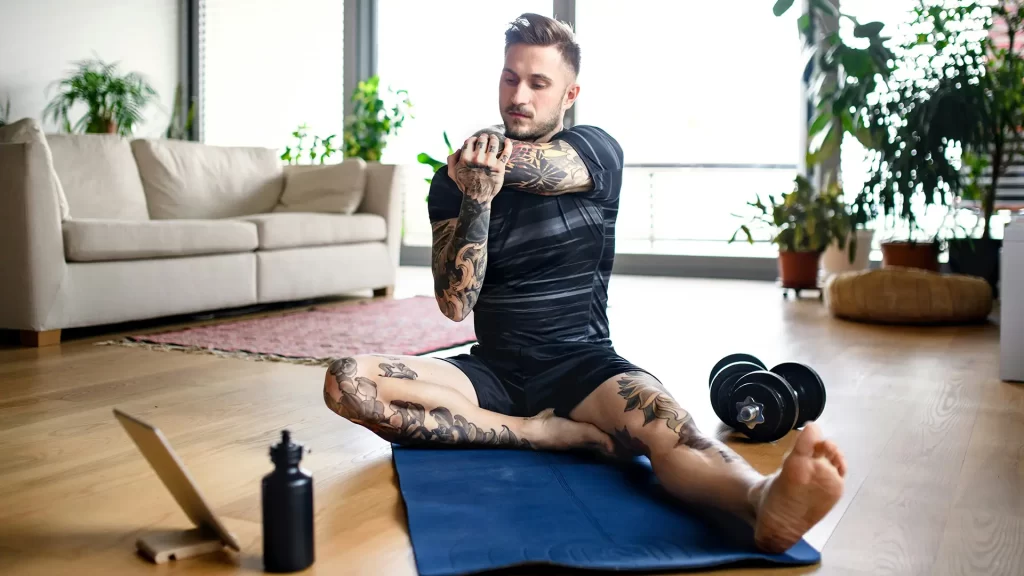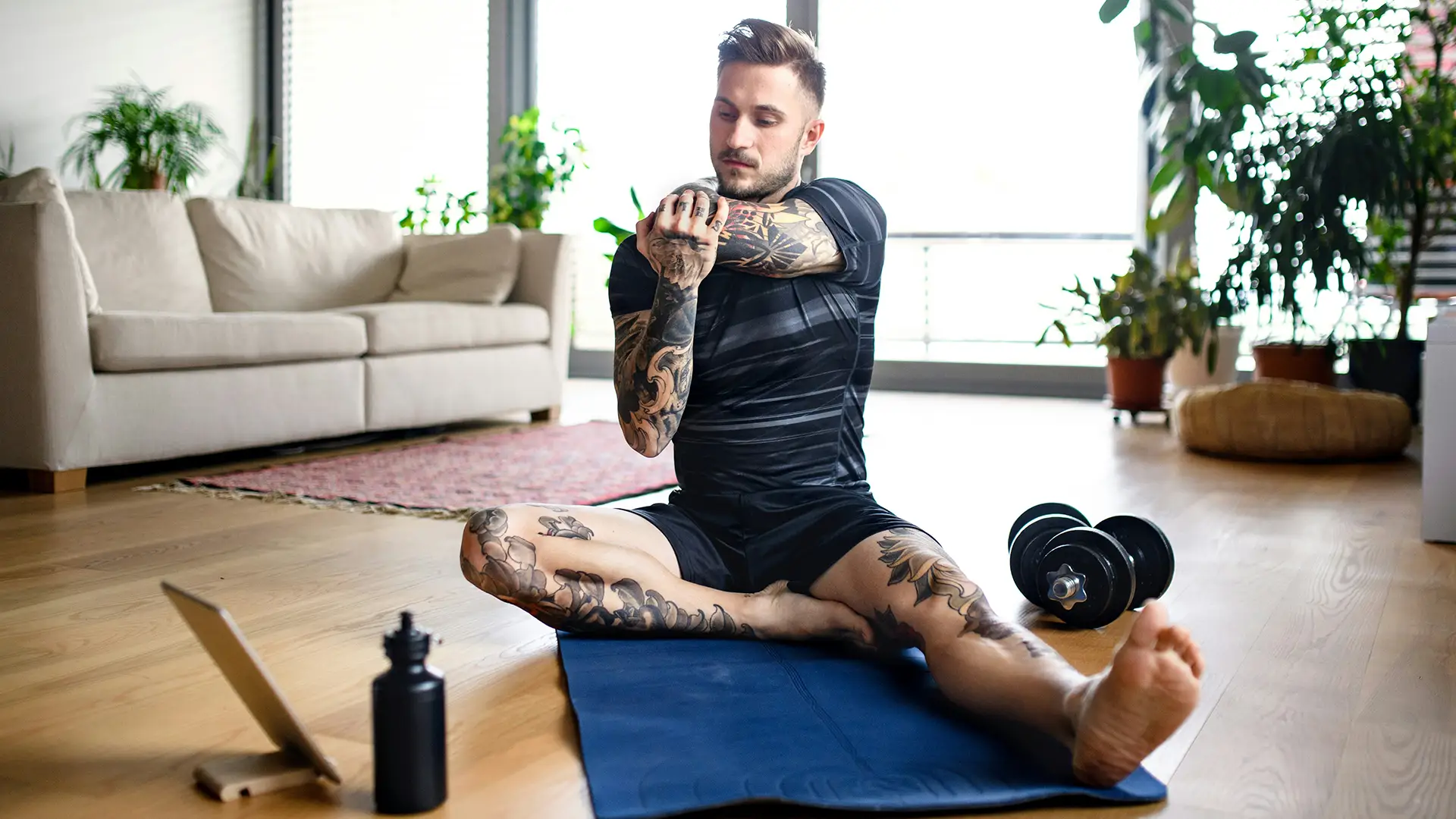In the world of fitness, there’s a common misconception that yoga and strength training are at opposite ends of the exercise spectrum. One is often seen as serene and meditative, while the other is associated with intense, sweat-dripping workouts. However, this isn’t entirely true. In fact, combining yoga with strength training can be a game-changer for your overall fitness and well-being.
A Perfect Pair: The Benefits of Combining Yoga and Strength Training
- Enhanced Flexibility and Range of Motion
Strength training often involves repetitive movements that can lead to muscle tightness and decreased flexibility. Yoga, with its emphasis on stretching and lengthening muscles, is the perfect antidote. Incorporating yoga into your routine helps improve flexibility, making it easier to perform exercises with a full range of motion. This not only enhances your strength training performance but also reduces the risk of injury.
- Improved Muscle Recovery
Post-workout soreness can be a common complaint after a tough strength training session. Yoga can be a fantastic tool for aiding recovery. Many yoga poses focus on gently stretching and elongating muscles, helping to release lactic acid buildup and improve blood circulation. This can accelerate recovery time, allowing you to hit the gym again sooner and with less discomfort.
- Better Balance and Stability
Yoga is renowned for its emphasis on balance and stability. Incorporating poses that challenge your core and proprioception (your sense of body position) can significantly enhance your stability during strength training exercises. Whether you’re doing squats, deadlifts, or overhead presses, having a strong, stable core can improve your form and reduce the likelihood of injury.
- Mental Focus and Stress Reduction
One of the most overlooked benefits of yoga is its impact on mental health. The mindfulness and breathing techniques practiced in yoga can help reduce stress and improve focus. This mental clarity is invaluable in strength training, where concentration on form and technique is crucial. Moreover, managing stress levels can prevent burnout and keep you motivated on your fitness journey.
- Enhanced Breathing Techniques
Proper breathing is often underemphasized in strength training, yet it plays a crucial role in performance and safety. Yoga teaches you to be more aware of your breath, helping you to use it more effectively during workouts. This can improve your endurance, support better posture, and even enhance your lifting technique.

How to Incorporate Yoga into Your Strength Training Routine
- Warm-Up or Cool-Down
Start or end your workouts with 10-15 minutes of yoga. Focus on poses that target the muscles you’ll be using in your strength training session. This not only prepares your body for exercise but also helps in cooling down and stretching muscles post-workout.
- Yoga on Rest Days
On your rest days, a full yoga session can be a great way to keep your body active while giving your muscles a break from heavy lifting. Choose a restorative or gentle yoga class to help with recovery and relaxation.
- Integrated Sessions
Some people prefer to blend yoga and strength training in a single session. This could mean alternating between weight exercises and yoga poses, creating a circuit that challenges both your strength and flexibility. This approach keeps workouts varied and engaging.
Conclusion: The Mind-Body Connection
Integrating yoga into your strength training routine isn’t just about physical benefits; it’s also about fostering a deeper connection between mind and body. This holistic approach can lead to a more balanced, resilient, and sustainable fitness journey. So, whether you’re a seasoned weightlifter or just starting out, consider adding a bit of yoga to your routine. Your muscles—and your mind—will thank you.








































Leave a Reply